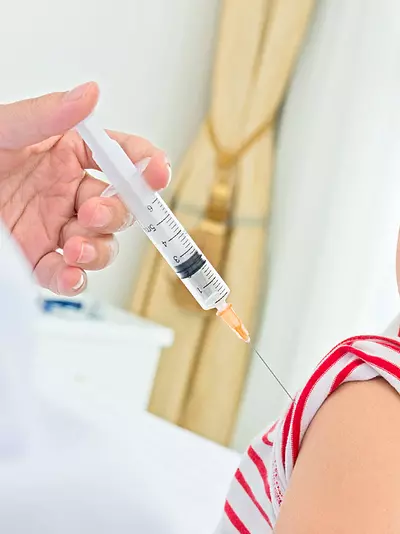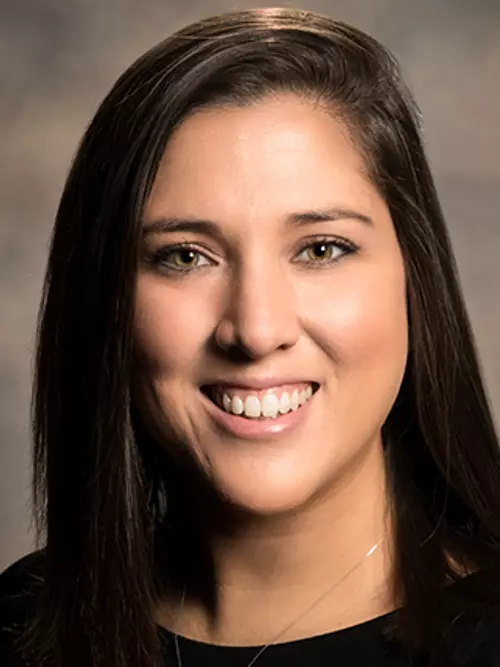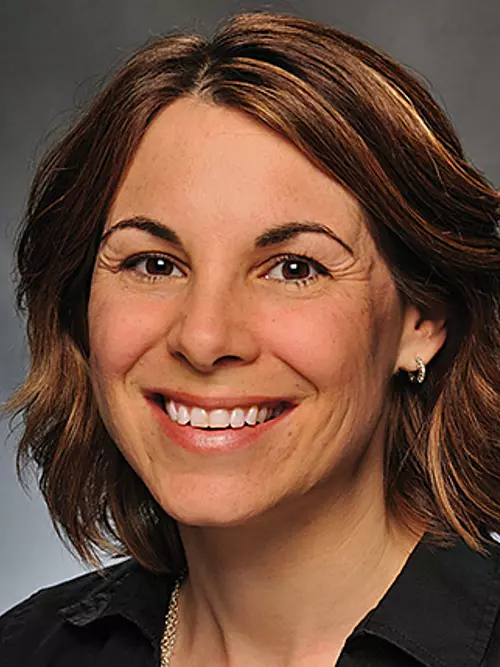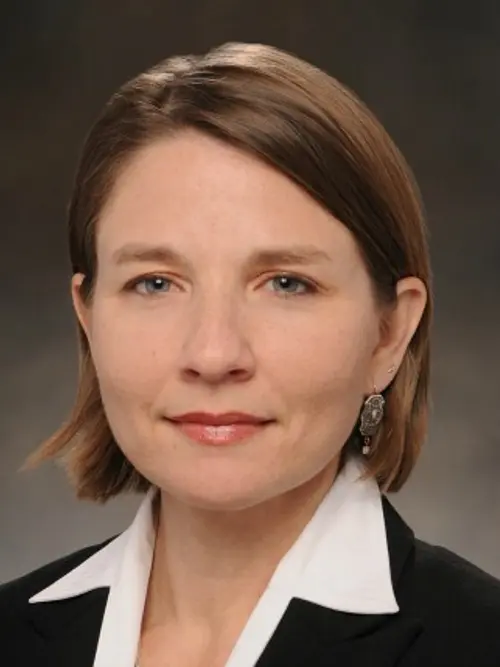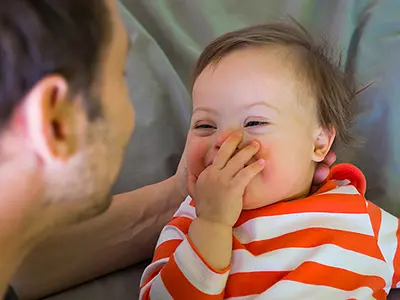Understanding the nature and impact of disabilities on children and families
We study the early development of children with rare disorders and intellectual and developmental disabilities so that we have a good understanding of natural history, providing important baseline data for evaluating the effects of earlier identification. Our psychology, early child development, and rare disease expertise allow us to directly examine developmental trajectories, detect developmental delay, and study the implications of early identification on child developmental outcomes and family outcomes. Examples include:
- A longitudinal study of the development of babies in Recife, Brazil who have Congenital Zika Syndrome
- A natural history study on Angelman Syndrome (as expert consultants to university partners)
- A study examining the sensory experiences of individuals with fragile X syndrome
To identify and follow families who could benefit from early intervention studies, we design, implement, and maintain large-scale research registries. For example:
- Our Fragile X World: We built an online survey registry of U.S. families with a child or children with fragile X syndrome. More than 1,700 families have enrolled and have been offered multiple opportunities to participate in surveys about fragile X syndrome.
- DuchenneConnect: In collaboration with Parent Project Muscular Dystrophy, we participate in community engagement and research activities in the DuchenneConnect self-report registry, which includes more than 3,000 participants with Duchenne and Becker muscular dystrophy.
We also create tools to measure quality of life and family outcomes in rare diseases. One tool, The Family Outcomes Survey, has been translated into more than a dozen languages and has been used worldwide, including in Singapore, Japan, Brazil, and Portugal.

